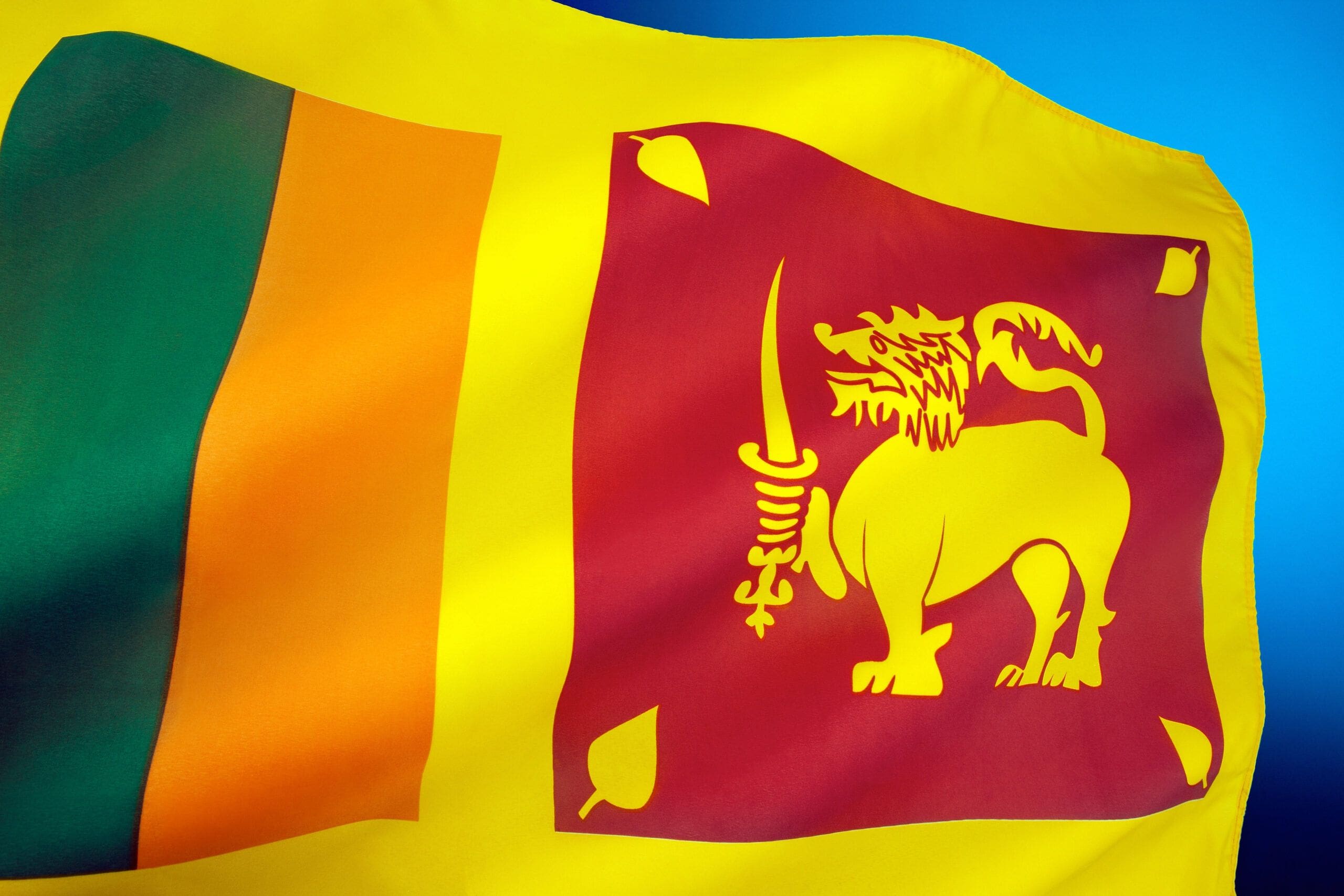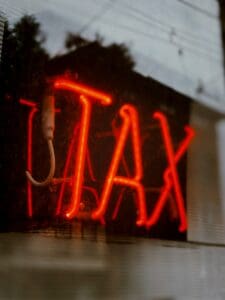By: Benjamin Parkin
Original post can be found here.
The UN has asked Sri Lanka to introduce a temporary basic income and negotiate “debt-for-nature” swaps tied to environmental conservation as part of measures to mitigate the country’s economic meltdown, as Colombo begins talks with the IMF.
The UN Development Programme made the proposals in a document seen by the Financial Times that was submitted to President Gotabaya Rajapaksa’s government and that will be reviewed by the cabinet that was sworn in this week. Sri Lanka’s lack of foreign exchange has left the debt-laden island of 22mn unable to repay its loans, triggering an economic and political crisis with mass protests over shortages of food, fuel and medicine.
Rajapaksa has faced sustained calls to resign. The government, which has about $8bn of debt and interest due this year on usable foreign reserves estimated as low as a few hundred million dollars, has suspended bond payments and begun negotiations for an IMF bailout. A Sri Lankan government delegation travelled to Washington this week to begin talks with the fund over an assistance package expected to include debt restructuring.
The UNDP argues that Sri Lanka, which owes about $45bn in long-term debt to creditors that include international bondholders and countries such as India and China, needs immediate financial assistance while the IMF talks are under way. The UN body has asked Sri Lanka to pursue swaps and short-term financing from countries including India, China and Bangladesh to alleviate economic pain ahead of IMF assistance.
“The IMF package, if it comes in, that is going to be an austerity package,” Kanni Wignaraja, the UNDP’s Asia director, told the FT. “So the government will have to, and they are considering very much, supporting the most vulnerable households with an immediate social protection flow.”
Among the UNDP’s requests is that Rajapaksa’s government introduce a temporary basic income, which would take the form of an unconditional cash transfer to working-age Sri Lankans for a period of about six to nine months.
Similar programmes have been implemented in Kenya and the US state of Alaska. “It’s something that has been tried and tested,” Wignaraja said. “There’s obviously a cost to bear, but it has been found to be more efficient than some of these very heavy social protection measures.” The agency has also asked Sri Lanka to pursue bonds or debt swaps linked to environmental and social sustainability, such as debt-for-nature deals in which some loans are forgiven in exchange for investment in environmental conservation. Similar measures have been introduced in countries such as Costa Rica, and Wignaraja argued that Sri Lanka — famed for its beaches, forests and mountains — was well-placed to tap such schemes.
We’re “moving quite aggressively to see if dwindling foreign exchange reserves left the import-dependent island with shortages and severe inflation. Food and fuel prices have doubled while the currency has fallen 60 per cent since it was floated last month.
Rajapaksa’s government had for months resisted international calls to restructure or approach the IMF before a U-turn last month triggered by widespread protests followed by the resignation of his cabinet. A protester was killed after police opened fire on crowds in the town of Rambukkana on Tuesday.





















